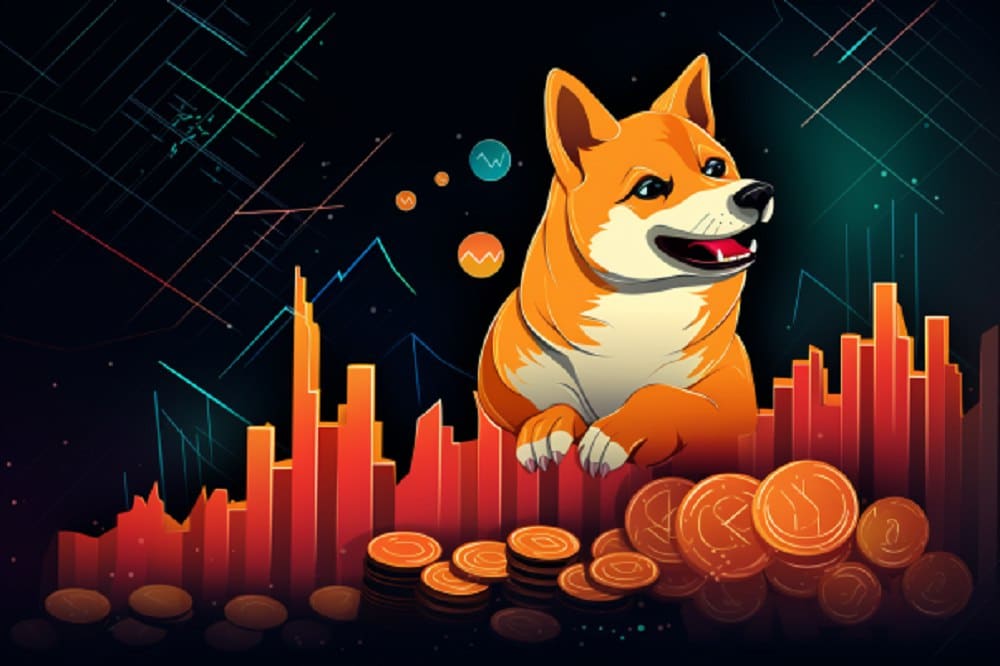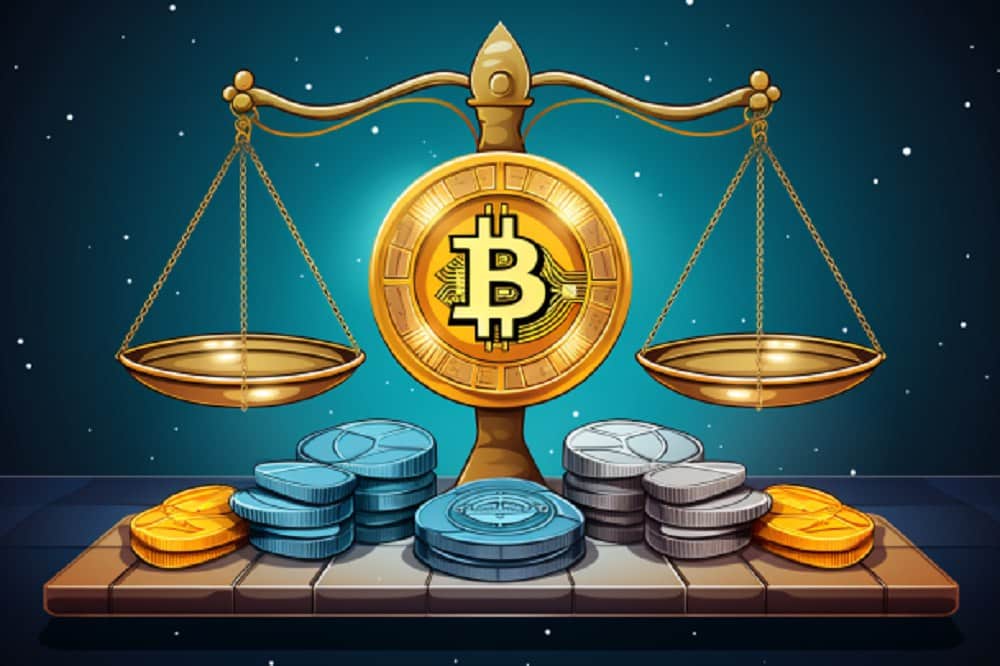What are Decentralized Applications (dApps)?

Software programs known as “dApps,” or decentralized applications, run on a blockchain network as opposed to conventional, centralized servers or computers. Without relying on a single central authority, these applications make use of the security, transparency, and immutability of blockchain technology to offer a range of services and capabilities.
Key Characteristics of dApps
1. Decentralization: Instead of relying on a centralized server, dApps run on a network of dispersed nodes (computers). These systems’ resistance to censorship and single points of failure is strengthened by their decentralized architecture. dApps function in a trustless environment where no single authority has dominance, in contrast to centralized systems where one entity controls everything.
2. Open Source: The majority of dApps follow the guidelines for open source software. This indicates that the underlying code of dApps is transparent to the public, auditable, and modifiable by the community. This transparent and cooperative approach encourages innovation and makes sure the software is devoid of covert flaws or malicious intent.
3. Cryptographic Tokens: Within the dApp ecosystem, cryptocurrencies are crucial. Tokens built on the blockchain are used by many dApps to provide different functions. These coins can be used for governance, staking, transactions, and even to reward user engagement.
4. Smart Contracts: The foundation of many dApps is made up of smart contracts, self-executing contracts with predetermined rules written straight into code. These contracts ensure that an agreement’s terms and conditions are carried out devoid of human interference, automate operations, and do away with the need for middlemen.
Types of dApps
1. Financial dApps:
This category includes loan platforms, yield farming software, decentralized exchanges (DEXs), and a wide range of other financial services. By allowing users to trade, lend, borrow, and earn bitcoin assets without relying on conventional intermediaries like banks, financial dApps have become quite popular.
2. Gaming dApps:
Blockchain technology is being used more and more in video games and virtual worlds. Blockchain’s advantages for asset ownership, verifiable fairness, and the development of decentralized in-game economy are used by gaming dApps. Players’ in-game possessions are actually theirs to keep and can be moved across platforms and games.
3. Utility dApps: Utility dApps have a wide range of uses, including supply chain management, decentralized social networks, identity verification, and more. By utilizing the inherent trust and transparency of blockchain technology, these dApps aim to solve a variety of real-world problems.
How to Use dApps
Users need to do a few essential actions in order to interact with dApps:
1. Get a Wallet Users: must first get a cryptocurrency wallet that can work with the blockchain network that the dApp is based on. Popular options include Trust Wallet for multiple networks and MetaMask for Ethereum-based dApps.
2. Acquire Cryptocurrency: To utilize a dApp, users must have the precise cryptocurrency that is linked to it in their possession. Typically, this coin is used for dealing with the features of the dApp, making payments, and conducting transactions.
3. Obtain dApp access: Users can obtain dApp access by going to the dApp’s website or user interface. Once there, consumers can use the offered instructions to access the dApp’s services and connect their cryptocurrency wallet to it.
Benefits of dApps
dApps are a desirable option for both developers and users due to their many benefits:
1. Decentralization: When there is no central authority or middleman, confidence is increased and censorship resistance increases. In a permissionless environment, where everyone can engage without requesting permission, dApps run.
2. Security: Blockchain technology, which powers dApps, has strong security features that guard against fraud and hacking. Data immutability assures that information cannot be changed after it has been recorded, and transactions are cryptographically secured.
3. Transparency: Every transaction and action made inside a dApp is documented on the blockchain. Users’ ability to independently confirm the system’s integrity is one way that this transparency promotes accountability and confidence.
Challenges and Considerations
Despite the enormous potential of dApps, there are a number of issues to be aware of:
1. Scalability: During times of network congestion, many blockchain networks experience scalability problems, which slow down transaction processing and increase fees. To deal with this issue, scalability solutions are currently being developed.
2. Regulatory Issues: The regulatory environment pertaining to dApps is always changing. It can be difficult for both users and developers to comply with regional laws and international standards.
3. User Experience: Compared to their centralized counterparts, some dApps may have a steeper learning curve and be less user-friendly. The dApp ecosystem’s ongoing top goal is enhancing the user experience.
Conclusion
The field of cryptocurrency and blockchain technology has never seen anything like decentralized applications (dApps). Decentralization, security, and user autonomy are given priority, offering a paradigm shift in how people interact with digital services.
DISCLAIMER: It's crucial we tell you that the content on this page is not meant to serve as, nor should it be construed as, advice in legal, tax, investment, financial, or any other professional context. You should only invest an amount that you are prepared to lose, and it's advisable to consult with an independent financial expert if you're uncertain. To obtain more information, we recommend examining the terms of service and exploring the assistance and support resources provided by the issuing or advertising entity. Our platform is dedicated to delivering accurate and unbiased reporting, but it's important to note that market circumstances can change rapidly. Also, be informed that some, though not all, articles on our site may be sponsored or paid content.









